With the EU Deforestation Regulation (EUDR) a growing concern for many businesses, we sat down with the Group Sustainability Manager for Forests at Tesco to get his view on the current state of traceability in the food industry.
Tom Hollick is a man of many talents. When he’s not overseeing Tesco’s sustainability agenda, you can find him down the allotment, out on the football pitch or reading up on the latest beekeeping trends.
With the roll-out of the new EUDR regulations just over six months away, we sat down and chatted about traceability, why some sections of the industry are having problems grasping its importance and the impact EUDR is going to have on the Tesco business...
Let's start with a simple one. Just how important do you think it is to have a digital system to manage your food safety, quality and traceability?
Tom Hollick: Given the extent of products we sell, the number of suppliers we buy from, and the global supply chains we operate in, a digital system is the only feasible way to collect and store all this data. It is therefore indispensable for our business.
In our recent Traceability research a surprising 26.2% of food industry businesses we spoke to told us that they still don’t understand the importance of supply chain traceability. Why do you think that is?
Tom Hollick: Perceptions of importance are likely to vary depending on which supply chain they are operating in. If they are producing and selling in one country, the supply chain is shorter, and if they are not operating in a high-risk supply chain for issues such as human rights, food safety, or environment, then traceability would inherently be a less pressing concern.
To some extent, trade agreements should cover key import requirements such as food safety standards. So, there may be a sense that the “basics” are already covered, and that any gold-plating of supply chain traceability sits more in the public/regulatory domain than with individual private actors to implement. This is linked to commercial viability – for example, the costs associated with fully segregated chain of custody may be more justifiable for a food business which is end-customer facing and able to make claims on-pack. And even then, this is often only seen as viable for a specific customer segment willing to pay for single origin/quality labels.
So, how do you feel your organisation optimises the supplier data you currently collect?
Tom Hollick: Internal capacity can often be a challenge given the scale of data collected, so external companies and consultants are often used to improve data visibility and interpretation for non-technical colleagues. With disclosure requirements (eg. CDP, upcoming Corporate Sustainability Reporting Directive), much of this data has and will continue to go through assurance processes which ensures the integrity of the data we collect. However, challenges remain with data stored across many different products and systems, which can limit visibility between teams.
There may be a sense that the “basics” are already covered, and that any gold-plating of supply chain traceability sits more in the public/regulatory domain than with individual private actors to implement."
With all this in mind, what do you think are the biggest blockers to traceability for the food industry right now?
Tom Hollick: Global food systems have historically had opaque supply chains; information on global commodities such as soy and cocoa often hits a bottleneck with traders, which isn’t passed onto customers. Even with the EUDR approaching, the cost of obtaining this information from further up the supply chain is unclear, but there is a general understanding that there will be a cost attached to the additional administrative burden.
There are also outstanding concerns around blockers to data sharing: both from direct suppliers (e.g. potential to see it as an unfair obligation if not legal or uniform ask, linked to Groceries Supply Code of Practice) and indirect suppliers (e.g. data sharing of smallholder/farmer locations, which are often their homes, linked to GDPR). Some of these issues may well be improved with the advent of EUDR which will give legal backing to these asks.
With an overwhelming 78.8% of UK food businesses feeling prepared for the EUDR roll-out, how is the new legislation going to change how your business operates?
Tom Hollick: Given that Tesco Group has businesses in ROI/NI and Central Europe, and Tesco UK itself will also cross-dock/import/export to the Union market, the Group has high exposure to the new legislation. Tesco will continue to operate in these markets, but the key difference will be a much larger data ask to our direct suppliers. A requirement of the legislation is around data collection and storage, and as such we will require a new system capable of storing these data points for five years, with accessibility for ad hoc investigations, and the ability to speak to whichever submission system the EC finalises. Without a sufficient API and automation built into these systems, this would be an incredibly manual process and would require significant capacity expansion.
"There are outstanding concerns around blockers to data sharing: both from direct and indirect suppliers. Some of these issues may well be improved with the advent of EUDR which will give legal backing to these asks."
Tesco Group will also need to undertake risk assessment and mitigation for all suppliers of in scope products. We are in the process of building this framework, but our business will have to consider new auditing capacity to assess supplier due diligence processes and consider how we work with new third-party providers of satellite monitoring and supply chain mapping, among other things.
Does your business measure scope 3 emissions? And if so how?
Tom Hollick: Yes, Tesco measures scope 3 emissions as part of our approach to carbon accounting. Tesco’s scope 3 emissions include all of our indirect emissions that sit within our value chain, both upstream and downstream. To measure our scope 3 emissions, we use various methods which align with the Greenhouse Gas Protocol.
We work closely with suppliers, industry partners, and third-party data providers to gather comprehensive data on the carbon footprint of our supply chain activities. This includes information on the production, transportation and disposal of goods and services sourced by Tesco. We engage with our suppliers through our Tesco Supplier Network (for SMEs) and M2030, which will feed directly into our Scope 3 footprint in the future. We already use primary data for our milk emissions, with emissions data obtained via our Sustainable dairy group. A number of data points we collect ourselves such as, Tesco’s water consumption, indirect emissions of our owned transport, third party secondary distribution fuel consumption, and business travel.
"Tesco measures scope 3 emissions as part of our approach to carbon accounting and includes all of our indirect emissions that sit within our value chain, both upstream and downstream."
When primary emissions data is not available we use industry-accepted emission factors to calculate the emissions for the remaining scope 3 categories, using a volume-based approach where possible. We also employ estimation techniques and allocation methods to apportion emissions to specific activities or product categories. We also extrapolate, based on floor area, certain categories to calculate group wide emissions, using UK data as a proxy.
We’re working on refining our secondary data, so we can use the most accurate emission factors and ultimately working on integrating primary data, through working with third parties such as M2030 and Mondra.
Do you think UK businesses are more optimistic about their traceability journey than other regions?
Tom Hollick: EU businesses will benefit from EUDR as a legal mechanism to pass data along the supply chain. With the upcoming UK Forest Risk Commodity Regulation, the hope would be to level the playing field with similar data asks legally enshrined for UK businesses. However, from the information released so far, the scope between the two pieces of legislation will be distinct in several areas, namely: commodities covered, derived products, and legal versus illegal deforestation. This could create complex data asks for UK businesses also trading with the EU, if the two pieces of legislation aren’t married up.
"UK businesses have plenty of reason to be optimistic that these regulations will push traceability forward in high-risk commodities."
Nonetheless, UK businesses have plenty of reason to be optimistic that these regulations will push traceability forward in high-risk commodities, and will act as an important stepping stone to push beyond the requirements of the regulations. For example, greater traceability back to farm-level will allow for improved MRV (monitoring, reporting, and verification) of conversion free, as well as deforestation free, land use, in line with UK industry commitments such as the UK Soy Manifesto for verified deforestation and conversion-free soy no later than 2025.
What are Tesco’s traceability priorities in 2024/2025?
Tom Hollick: Our key focus is to be fully compliant with EUDR by 30 Dec 2024. Concurrently, we are seeking ways to future-proof the business for upcoming UKFRC, as well as meeting our verified deforestation and conversion free commitments on soy and palm. Key concerns to achieve compliance with EUDR will be around accessing polygon mapping back to farm-level and how we store this data.
We dig deeper into how the upcoming regulations are shaping the food industry's traceability journey in our new report on the subject. Download your copy to get all the insights.
.jpg)
Greer McNally
Greer has over 15 years’ experience writing about trends in the food and retail sectors. She lives in a little village by the sea in Northern Ireland and loves creating content that informs how people think about the food industry. A recent career highlight was interviewing the legend that is Dr Temple Grandin.
Stay up to date
Stay up to date
Browse Posts
- February 2026
- January 2026
- December 2025
- November 2025
- October 2025
- September 2025
- August 2025
- July 2025
- June 2025
- May 2025
- April 2025
- March 2025
- February 2025
- January 2025
- December 2024
- November 2024
- October 2024
- September 2024
- August 2024
- July 2024
- June 2024
- May 2024
- April 2024
- March 2024
- February 2024
- January 2024
- December 2023
- November 2023
- October 2023
- September 2023
- August 2023
- July 2023
- June 2023
- May 2023
- April 2023
- March 2023
- December 2022
- November 2022
- October 2022
- September 2022
- August 2022
- July 2022
- June 2022
- May 2022
- April 2022
- March 2022
- February 2022
- January 2022
- December 2021
.png)

/Blog%20Headers/shutterstock_1927957907%20(1).jpg)
/Blog%20Headers/shutterstock_1845178195%20(2).jpg)
/Blog%20Headers/shutterstock_2133827717%20(1).jpg)
/Blog%20Headers/shutterstock_2473376713.jpg)
/Blog%20Headers/shutterstock_2247276303.jpg)
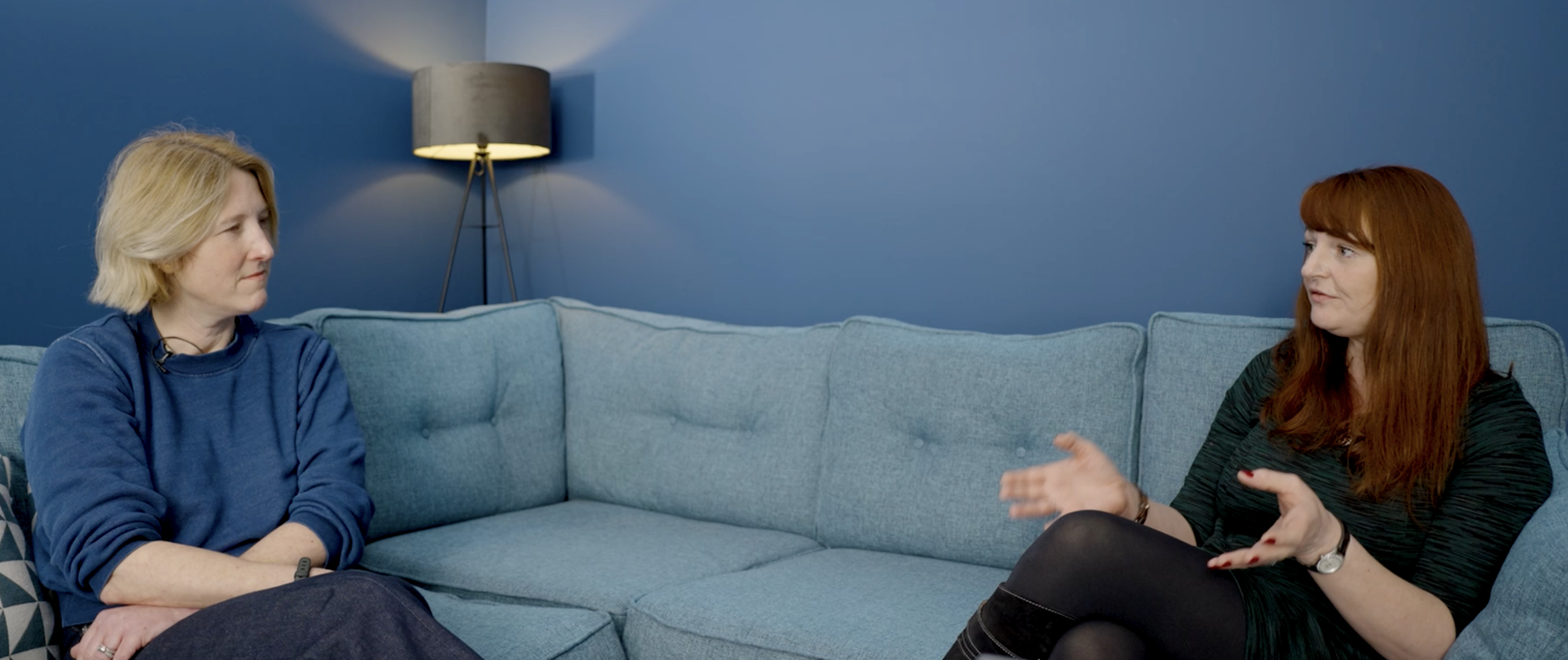
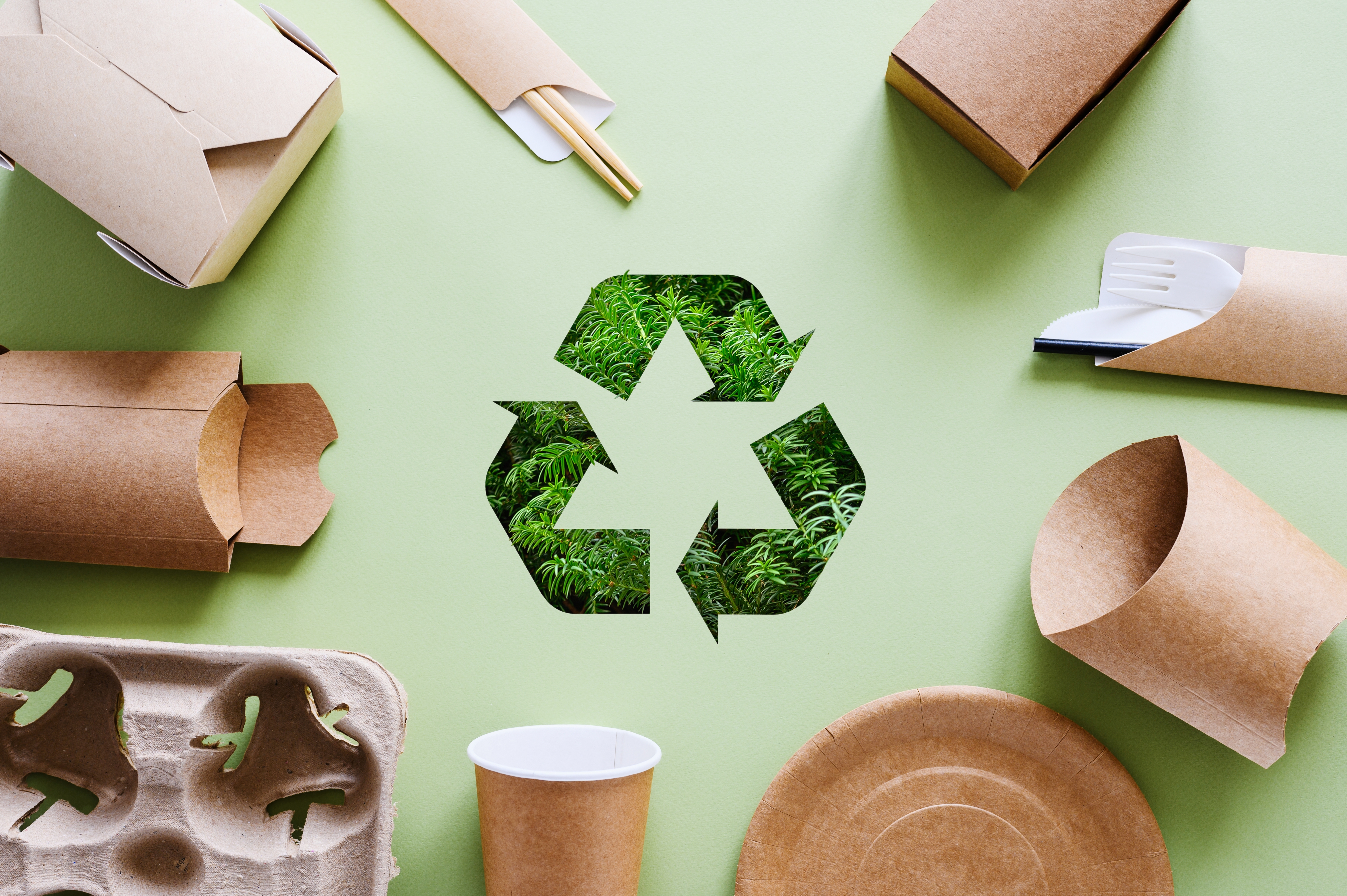
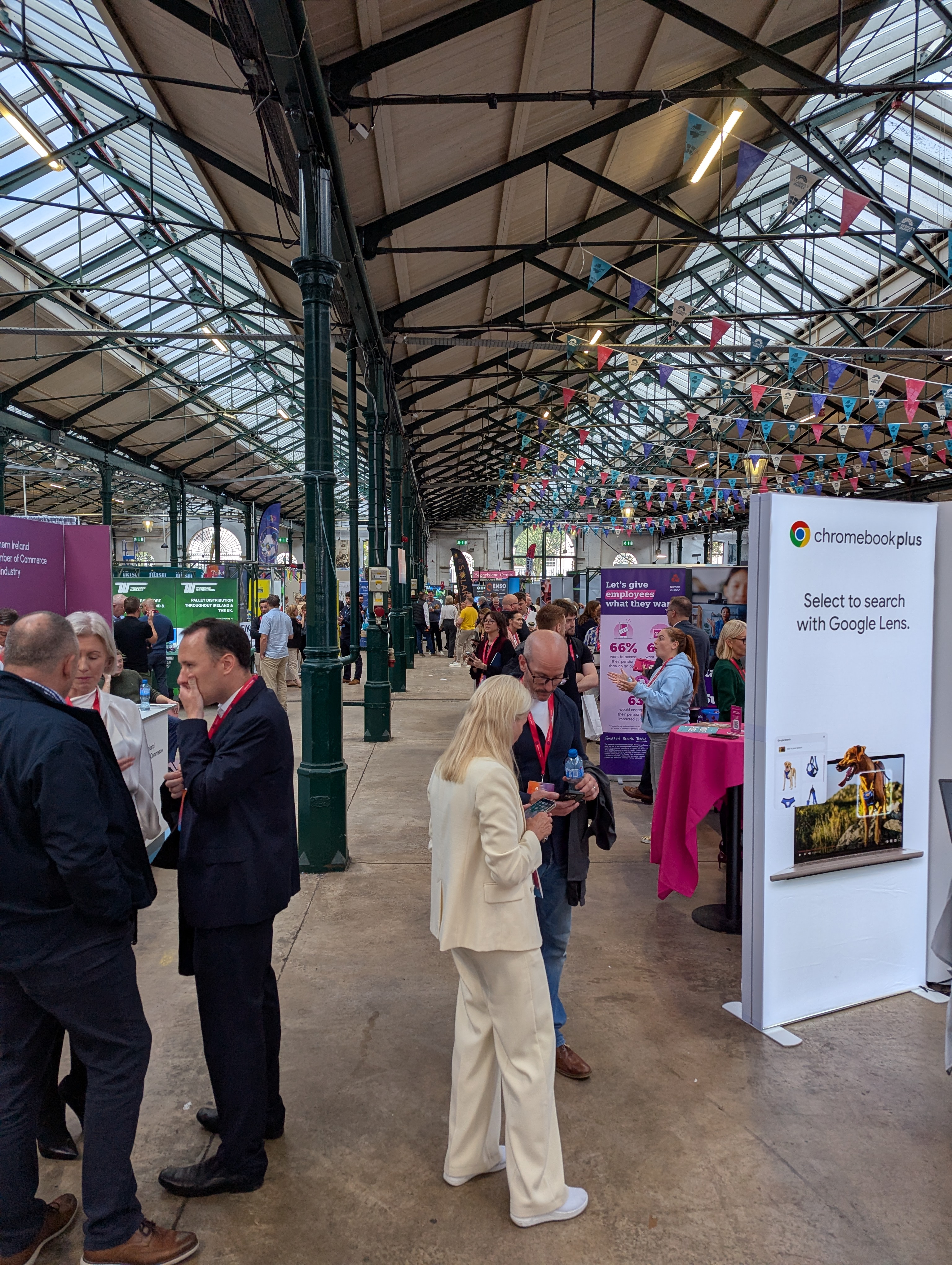
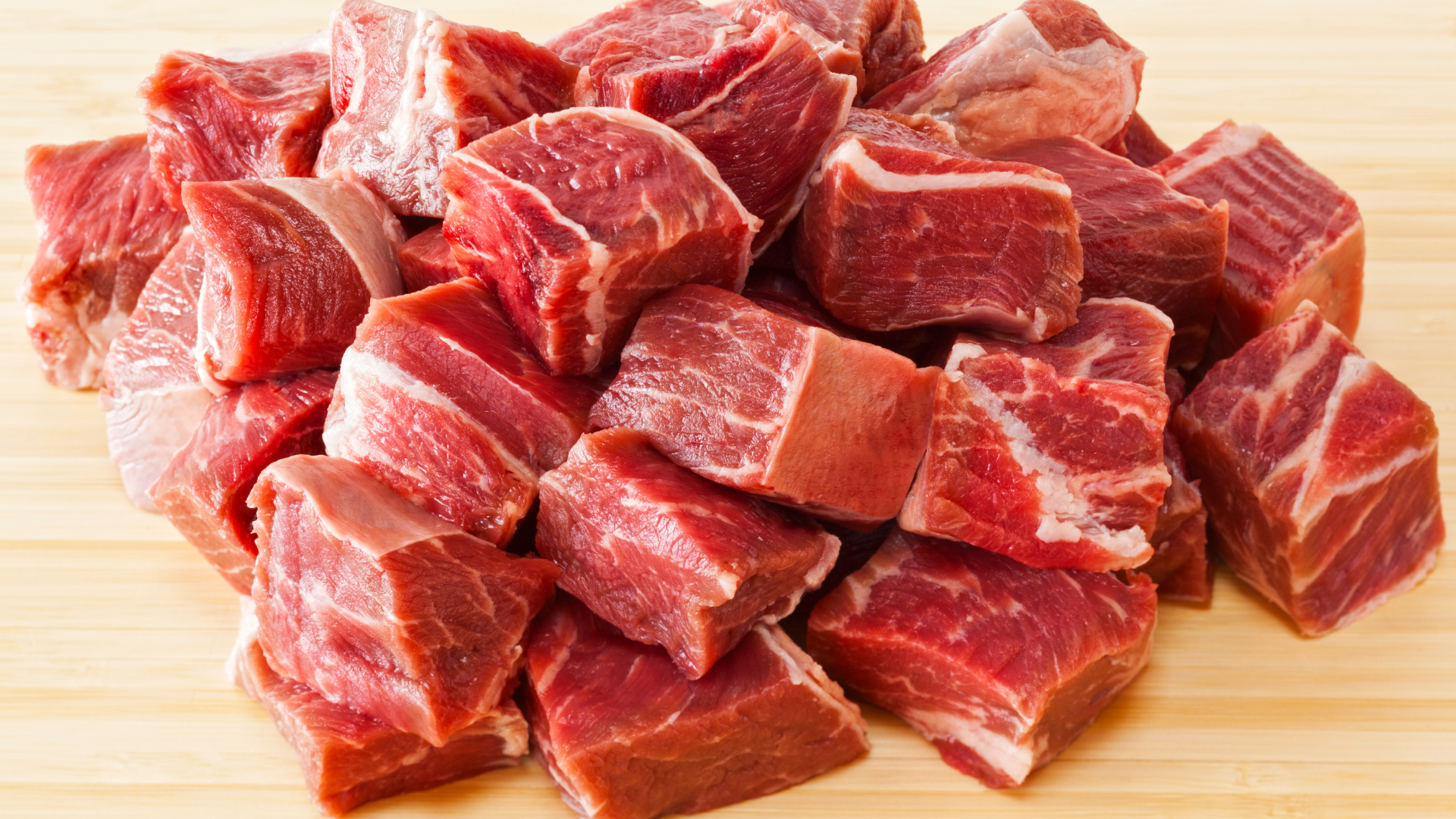

/Blog%20Headers/shutterstock_1834054435.jpg)
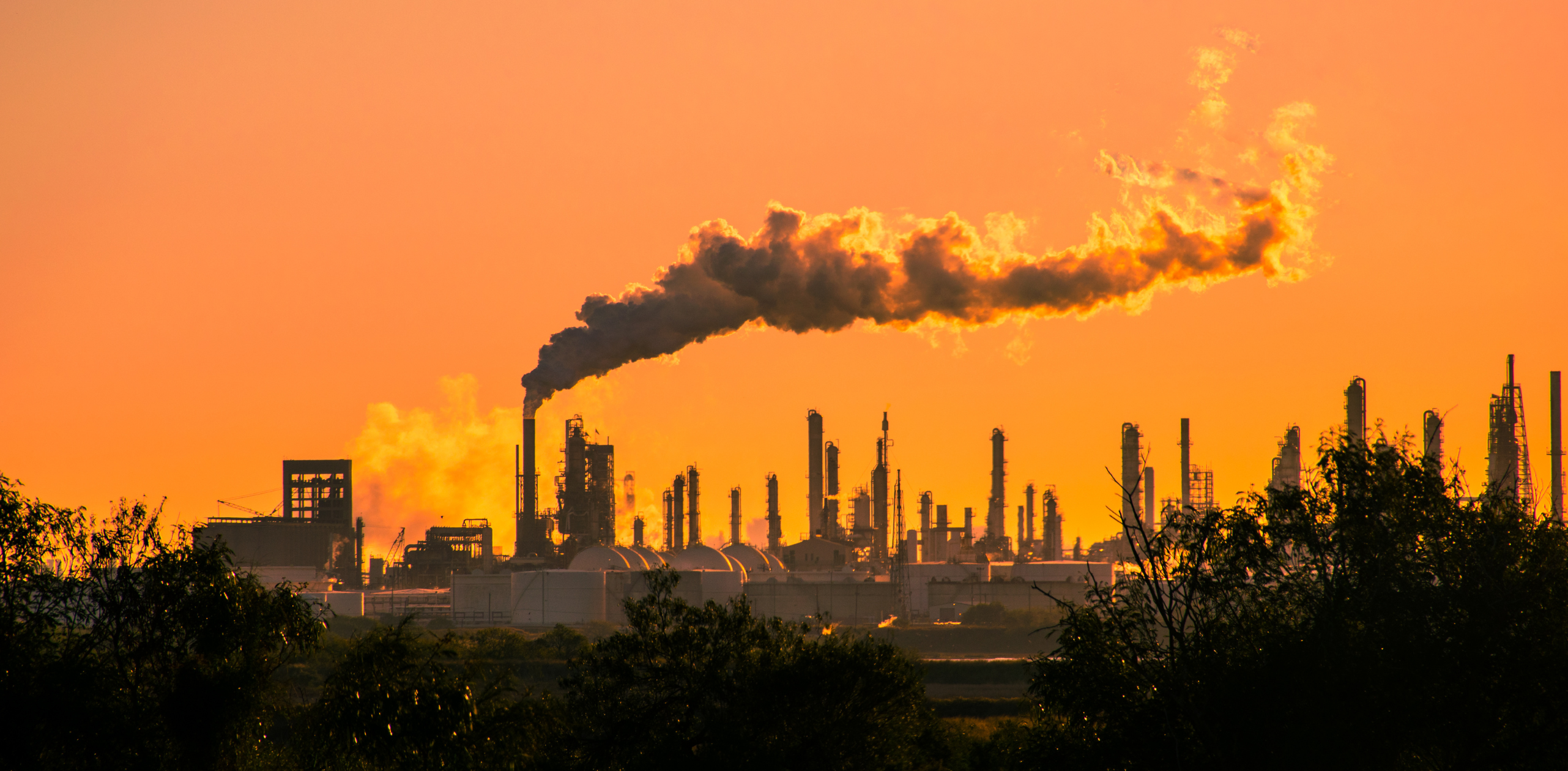
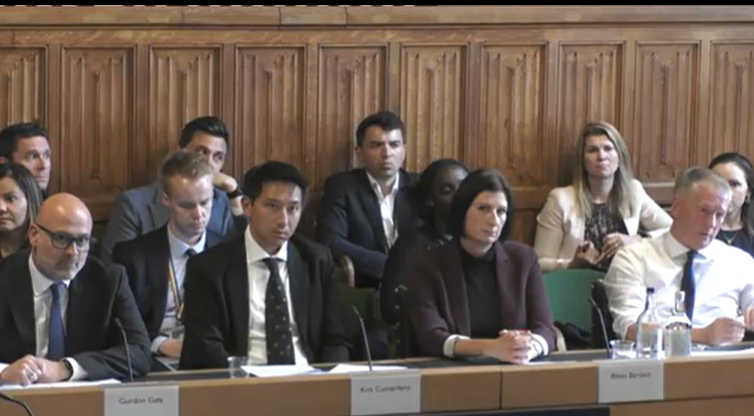
.png)
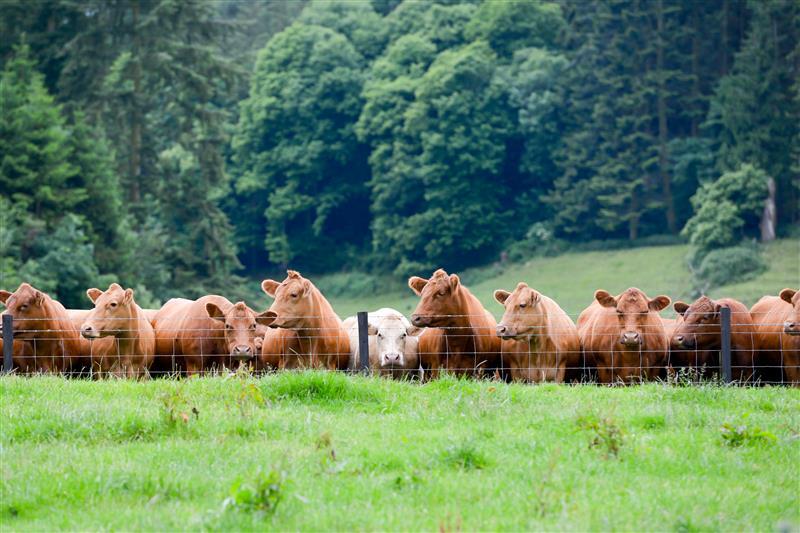
/Blog%20Headers/shutterstock_2498984931.jpg)
.png)

/Blog%20Headers/Preparing%20for%20the%20EU%20Deforestation%20Regulation%20(EUDR)everything%20you%20need%20to%20knowjpg.jpg)
![[Infographic] Story of a hamper: understanding the traceability journey](https://blog.foodsconnected.com/hubfs/Blog%20Imagery%20(PI%20AUTOMATED)/Blog%20Headers/Story%20of%20a%20hamper%20understanding%20the%20traceability%20journey.jpg)